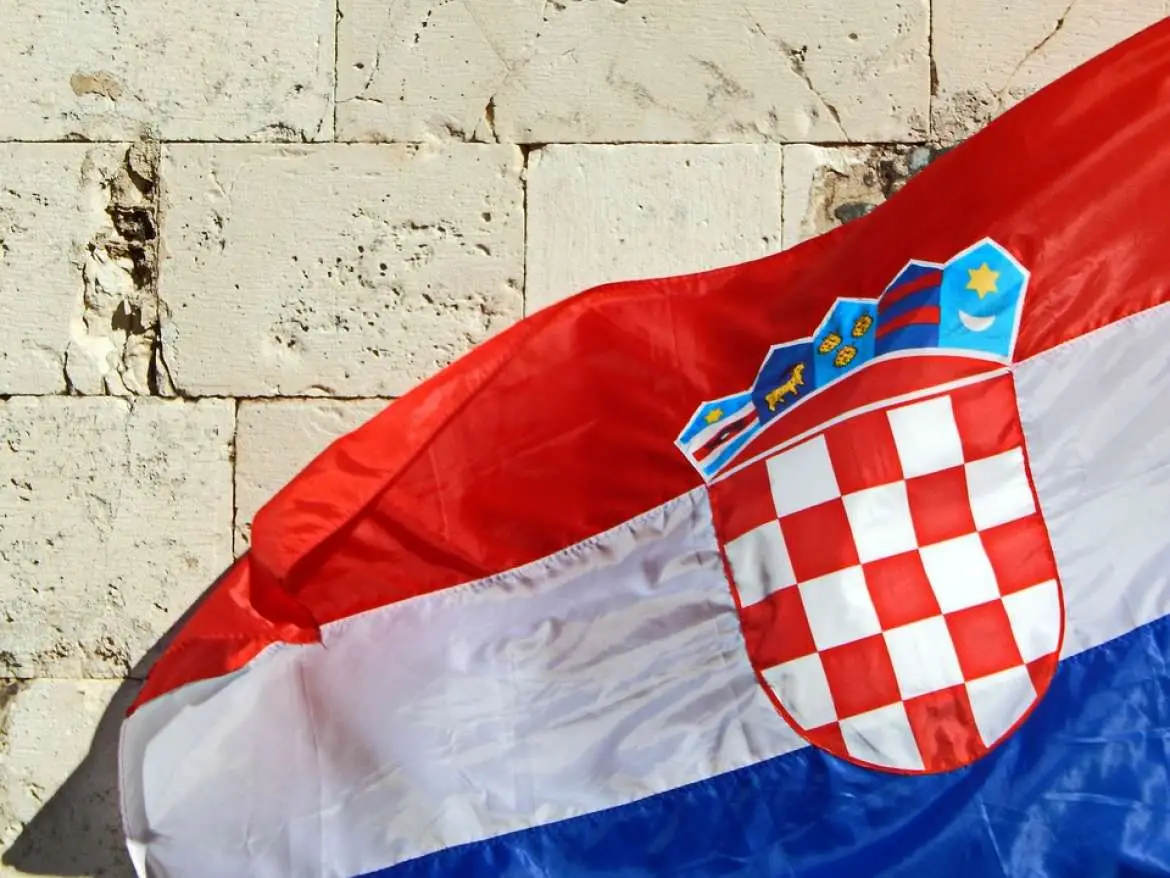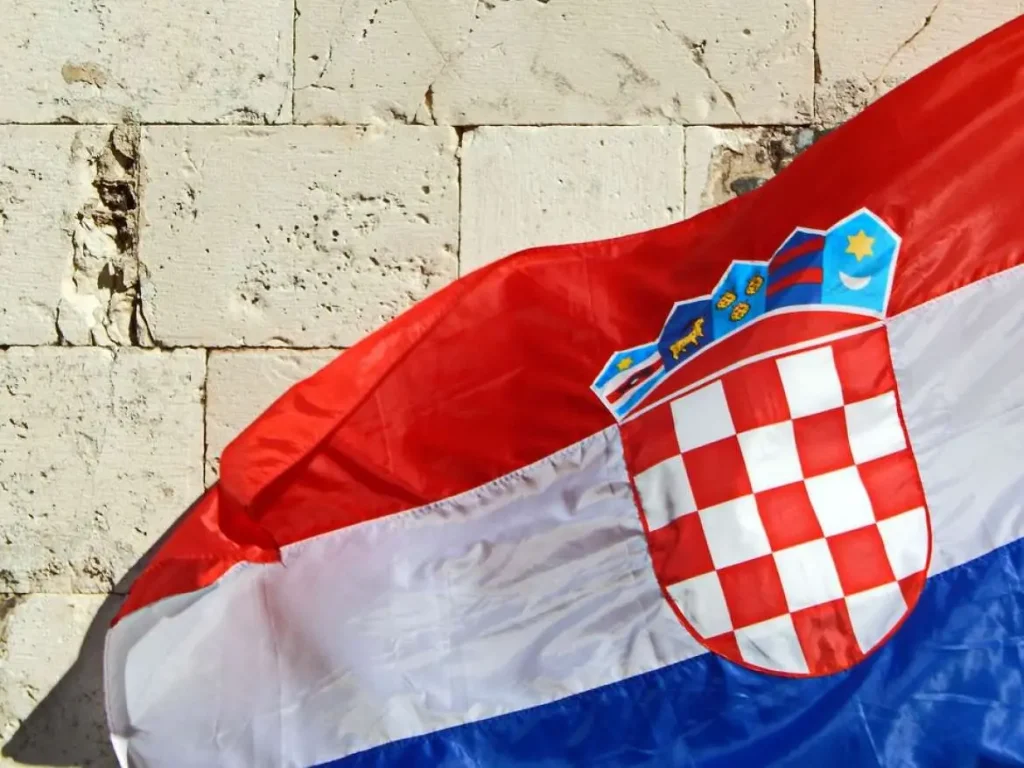
December the 15th, 2020 – You might remember the mammoth article I did a couple of years ago on the minefield which is Croatian residence procedures. I’m going to do a brand new one as opposed to constant updates to that one. The Croatian Law on Foreigners, often somewhat amusingly referred to as the Aliens Act, is an extensive document full of legal jargon and references to Articles that most (normal) people have somewhat of an allergic reaction to. For some unknown reason, I don’t, so I’m going to explain the changes due in 2021, one by one.
I’m not going to cover anything that has already been written about extensively in the article linked above, and instead only detail changes that are due in 2021.
Please note that the procedures for some of these new residence permits and new rules haven’t yet been set in stone, therefore I’m not going to detail any application procedures until they officially become law (and that means appearing in the infamous Narodne Novine). Anything else would be hearsay and lead to confusion in what is already a needlessly headache-inducing process for many people.
BRITISH CITIZENS LIVING IN CROATIA
First of all, let’s address the question on the lips of every ”Brexpat”. British nationals who hold regulated, lawful residence (be that temporary or the more desirable permanent status) are entitled to remain living and working in Croatia broadly as they did when the UK was an EU member state. I will summarise the main points of this article (which I absolutely encourage you to read very thoroughly if you’re a British expat in Croatia).
1) Brits who hold residence before the end of the transition period are safe – If you are a British citizen and you hold legal residence in Croatia, you are covered by the Withdrawal Agreement which entitles you the right to continue living in Croatia. These are acquired rights derived from you having exercised your right to freedom of movement as a former EEA citizen.
2) A declaratory system, not a new application – You will need to exchange your existing residence permit (be it temporary or permanent) for a new card before the 30th of June, 2021 at the police administration/station responsible for your location of residence. This is not a new application, merely an exchange to a card which will state that you are the holder of the rights afforded to you by the entering into force of the Withdrawal Agreement. Those documents will be issued either free of charge or at a cost not exceeding that paid by Croatian nationals for similar documents.
3) All time spent living legally in Croatia is counted towards being granted permanent residence – For those Brits who don’t yet have permanent residence in Croatia and are still waiting for their five years of temporary residence to pass before applying, you’re safe. Croatia will count all time spent on your temporary residence permit (from before and after the end of the UK’s transition period) towards granting you permanent status. For those who already hold permanent residence, nothing will change for you other than what was explained in point 2 (above).
4) Brits who move to Croatia after 01.01.21 will not be covered by the Withdrawal Agreement – Acquired rights here refer to British citizens who utilised EU law in order to live in Croatia only. British citizens who move following the end of the UK’s transition period will not be covered by the Withdrawal Agreement and different rules will apply to them as they will be treated as third country nationals.
5) Brits who are covered by the Withdrawal Agreement and hold permanent residence can leave Croatia for 5 years in a row without losing their rights – If you’re a British citizen and you have permanent residence in Croatia or indeed any other EEA country, you can be absent for a period of up to 5 consecutive years without losing your status as a permanent resident.
As I stated, I really encourage you to read this article in order to find out about your status, rights and things you need to do in much, much more detail. The article also explains and links domestic and EU law, as well as that set out in the Withdrawal Agreement, which can be read in full in PDF form here should you want to know even more.
Let’s move on to other changes due in 2021.
DIGITAL NOMADS:
I’m no dinosaur, but I have to admit that this term always makes me grin a little bit. I’m not entirely sure why because as a translator, I too am location independent although I live permanently in Zagreb. The idea of working from anywhere is something that was unfathomable not so long ago, but alas – this is the modern way, as the Kaiser Chiefs might say. Much has been written by TCN about this, and we even have a digital nomad currently in Croatia writing for us and providing an insight into her experiences so far. You can read her work here.
Jan de Jong, a Dutch entrepreneur living in Croatia, managed to get the ball rolling for the up and coming digital nomad visa. He has since formed a digital nomad association and you can read about the ins and outs of that, as well as the story behind the visa here and here.
It all started with an open letter from Jan de Jong on LinkedIn addressed to Prime Minister Plenkovic, and the rest is history. As of 2021, a new category of residence permit will be ”born” and it will be precisely for digital nomads. There are some catches which make it a bit tricky, and there will certainly be things which need to be ironed out. One clause is that a digital nomad cannot work for a company registered in Croatia.
As soon as more is officially available as 2021 arrives, we will update you with a detailed guide on 1) precisely who Croatia will consider to be a digital nomad, 2) what they need to present to evidence that, and 3) what they need to do to apply for this new temporary residence status in Croatia.
The digital nomad visa is an evolving story (here is the December 15, 2020 article on the new tax law regarding nomads, for example). You can follow the latest in the dedicated TCN digital nomad section.
THIRD COUNTRY NATIONALS (NON-EEA, NON-SWISS CITIZENS) WHO HOLD PERMANENT RESIDENCE IN THE EEA
You can find out the procedures for third country nationals who already hold residence in another EU/EEA member state or indeed in Switzerland here (scroll down to the heading: What if you’re a third country national with approved permanent residence in another EEA country already?
2021 will bring new procedures for third country nationals who already hold permanent residence (please note that this is only permanent residence, not temporary residence) somewhere else in the EEA who want to move to Croatia. It is important to note that it has always been easier for third country nationals with established, long term (permanent) residence in an EEA country to move to another EEA country, but the rules vary from member state to member state.
Until 2021, if you want to stay in Croatia for longer than three months (before the expiration of the visa or residence card issued to you by another EEA country) you can apply for a temporary residence permit at your local police station in Croatia, or in the Croatian consulate of the EEA country which approved your permanent residence there. The application can be found here.
The new Croatian rules for such individuals due in 2021 aren’t yet available. When they are updated in the Croatian Law on Foreigners and published on Narodne Novine, we will be sure to provide an update with all of the relevant information, advice and instructions.
MEMBERS OF THE CROATIAN DIASPORA WHO DO NOT HOLD CROATIAN CITIZENSHIP
It can often be heard how difficult it is for those with Croatian heritage who don’t have Croatian citizenship to get their hands on that little blue passport. As with all administrative processes in Croatia, it can either be so easy that you’re sure someone somewhere has missed something, or so needlessly difficult that it leaves you rocking in a dark corner, surrounded by thousands of copies of your birth certificate. The Croatian Law on Foreigners has (finally) seen that this is an issue, and a new residence permit for people with Croatian heritage but no Croatian citizenship is coming in 2021.
In order to be approved for this new residence permit coming next year, you’ll need to be issued a special certificate from The Central State Office for Croats Abroad (click here for more), along with an application and other, accompanying documents which will certainly involve proof of identity etc, which haven’t yet been detailed. The Ministry of the Interior hasn’t yet finalised what needs to be done for people who want to apply for this particular residence permit. By the time 2021 rolls around, things will hopefully be more clear and we will provide a detailed update on what is needed.
For more on residence, citizenship and administrative procedures related to the Croatian Law on Foreigners, you can follow me here.









